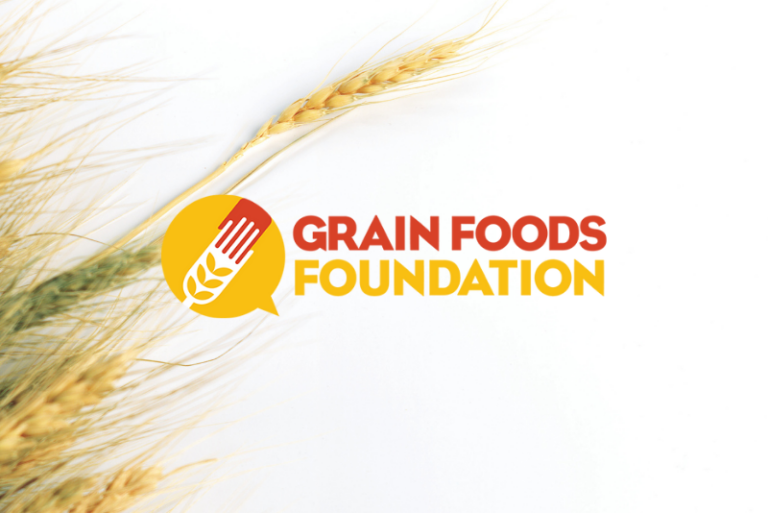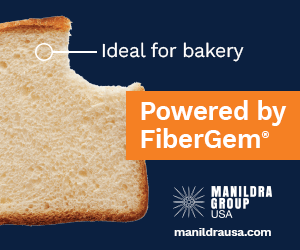WASHINGTON — Consumers are searching for more grain foods to add to their diets, but confusion around what makes grain food healthy still permeates, with a weighted opinion on whole vs. refined attributes.
To clarify its role in improved diet quality and nutrient intake, researchers at the Center for Public Health Nutrition at the University of Washington conducted a peer-reviewed study analyzing data from the National Health and Nutrition Examination Survey from 2017 to 2023.
The study, supported through an unrestricted grant from the Grain Foods Foundation, found that many everyday grain foods, including breads and tortillas, ranked surprisingly high for nutrient density and affordability.
“Healthy grains are a critical component of healthy diets,” said Adam Drewnowski, professor of Epidemiology at the University of Washington. “Our evaluation took whole grain content into account, along with fiber, vitamins and minerals.”










